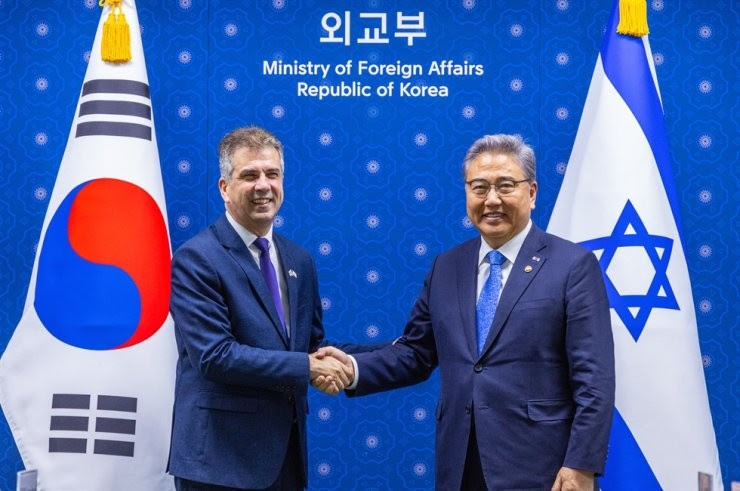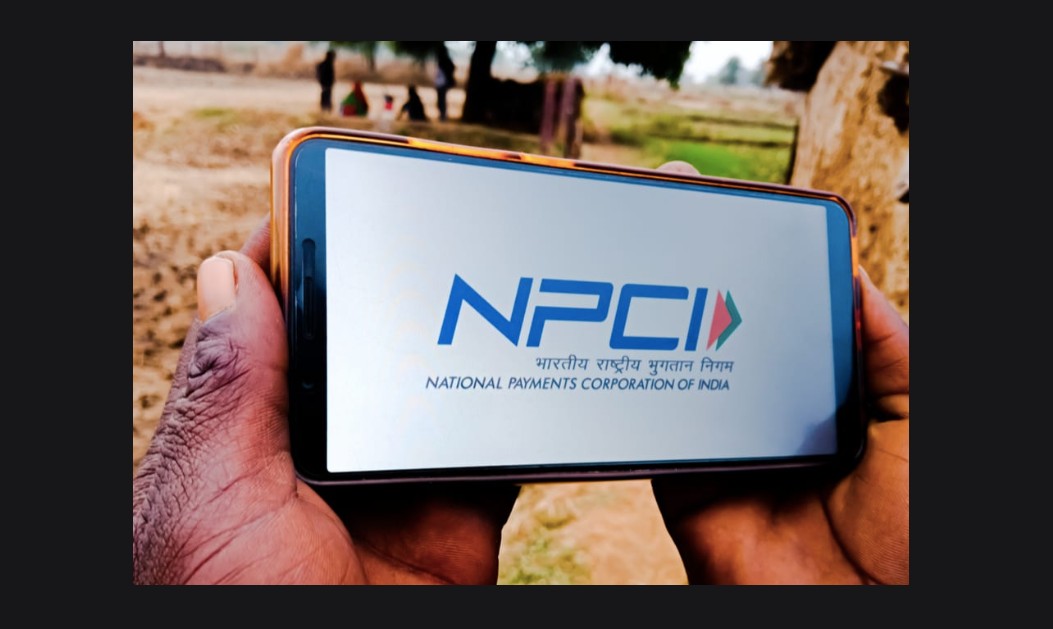Diversification is good for innovation, and also for investors. When two complementary ecosystems from two very different cultures start working together, the value added can be exponential
We tend to invest where we feel most comfortable, so when I was approached a few years ago with the opportunity of investing in a South Korean-based ecommerce startup, I demurred. Bad move. Today, Coupang Inc is the largest online marketplace in South Korea with a market cap of $28 billion.
Since then, I have watched the development of South Korea’s tech ecosystem with interest, not least because of the similarities with Israel. While Israel is the world leader in tech investment with 5% of its GDP invested in R&D, South Korea is a close second – the only other country in the world to invest more than 4% of its GDP in innovation. In absolute terms, both countries are in the Top 10 for total tech investment.
Although South Korea is much larger than Israel, with more than 50 million people to Israel’s 10 million, the two countries share similar complex diplomatic relations with uncooperative neighbors – and similar close alliances with the US and other democratic allies.
Both countries value social systems built on close ties of family, community and religion. Both have become successful exporters of niche popular culture. Israel specialises in TV formats and fashion, while South Korea excels at music and movies. The modern cuisine of both countries is attracting growing interest from the cognoscenti.
Israeli Foreign Minister Eli Cohen (L) and South Korean Foreign Minister Park Jin in Seoul in June, 2023
There are major differences, of course. Israel’s stunning economic growth in recent years has been fueled by an explosion of small, nimble high-tech startups which have attracted more than 400 multinationals to build R&D centers here, which in turn have spawned a broad range of innovation across multiple sectors, buttressed by military technology and transformed for civilian use.
South Korea, on the other hand, is home to some of the world’s largest industrial manufacturing companies, with heavy industries like steel and shipbuilding and global consumer brands from automobiles to smartphones, including household names like Hyundai, Kia, LG and Samsung.
If Israel’s ecosystem is a great place to create a startup, South Korea’s ecosystem is a great place to scale a startup and achieve commercial success.
In recent years, the Israeli and South Korean governments have jointly invested $77 million in 196 bilateral technology projects, including $18 million of funding in 2023 for robot and AI projects to boost cooperation in advanced industry sectors.
“We will establish a comprehensive global technology cooperation strategy to expand the scale of technological cooperation with Israel, a powerhouse in basic source technology,” South Korea’s Minister of Trade, Industry and Energy, Lee Chang-yang told a senior delegation led by Israel’s Foreign Minister Eli Cohen at a Korea-Israel Business Seminar in Seoul in June 2023.
The two countries would “expand cooperation with world-class cutting-edge research institutes, create a research and development ecosystem, and resolve regulations,” he said.
Following its success in the US, Intuition Robotics signed a $9.4 million contract to develop ElliQ, the company’s AI-powered robotic companion that relieves isolation among the elderly, in South Korea
One of the deals signed in June was a $9.4 million contract between SK Telecom, South Korea’s leading mobile carrier, with OurCrowd portfolio company Intuition Robotics to develop its ElliQ AI-powered robotic companion for the elderly, enhanced with Korean language and cultural abilities.
Another was an agreement in the field of quantum computing by leveraging the collective expertise of both Israeli and south Korean researchers.
“We aim to accelerate the development of quantum computing technology and propel the industry to new heights,” said OurCrowd Cofounder and CEO Itamar Sivan said OurCrowd portfolio company Quantum Machines, who signed three MOUs with the Korea Quantum Computing Industry Leaders’ Alliance, quantum software company Orientom, and the government-funded Korea Research Institute of Standards and Science.
Other OurCrowd portfolio companies have already discovered the benefits of business ties with South Korea, including AI chip pioneer Hailo, whose Seoul office handles business ties to local industrial and automobile customers. In 2022, CytoReason, a developer of computational disease models for efficient drug discovery, signed a commercial partnership with Helixrus, a South Korean company focused on biological big data. Major corporations like Samsung, LG and SK Telecom are already valued partners in a range of OurCrowd startups. In 2019 Samsung acquired OurCrowd smartphone camera startup CorePhotonics.
The synergies between the two ecosystems look extremely promising.
Stages
A startup needs to go through various stages. You begin with an idea and you raise pre-seed money. Then you create a proof of concept or a minimally viable product and raise seed money. Then you need to find a product-market fit and raise the Series A money. In order to realize your dreams as either entrepreneur or investor, you need to address the issues of scale and move into production, marketing, distribution and sales.
While some entrepreneurs are capable of leading a startup from inception to full commercialization, you may need different people, or different teams of people, with different skills, to lead a company through these various stages and meet the different challenges.
You often need a different kind of person to dream up and develop hardcore technology than the person best suited to generate exceptional customer service, or the expert who knows how build a manufacturing production line, or manage a team of field sales reps.
And the ecosystems of different countries tend to nurture different skills that reflect the surrounding national culture.
Israel has always been exceptional at ideation, creation, improvisation, breakthroughs and getting things done quickly. But we have been less successful in terms of our ability to undertake long-term planning, business strategy, customer service, or marketing.
It will come as no surprise to anyone who has done business with a young, brash Israel startup that the Hebrew language has no words for either “tact” or “subtlety.” Long before Mark Zuckerberg, Israeli entrepreneurs were moving fast and breaking things including, sadly, damaging some of their commercial relationships and reputations.
Global partners
But since the 1990s, Israel’s growing economic success has been accompanied and nurtured by the growing realisation that it cannot address a global market without global partners. More than 80 percent of investment in Israel’s tech ecosystem comes from abroad, bringing with it international partners and expertise.
Israeli entrepreneurs have learned that they do not have to pretend to know everything, and that there are huge benefits to bringing in outside experts with different skill sets to complement those of the stars of the Startup Nation.
South Korean businesses understand and develop their own technology, but they are also adept at long-term planning, have a long track record in large-scale manufacturing, and have proven results in creating systems that scale.
As the New York Times recently reported, South Korean companies are taking the lead in developing artificial intelligence systems outside the US-centric English-language orbit, fueling hopes “that AI can become more diverse, work in more languages, be customized to more cultures and be developed by more countries.”
We believe in the premise that diversification is good for innovation, and also for investors. Israel, like Silicon Valley, benefits from the broad cultural diversity of its largely immigrant population. When two complementary ecosystems from two very different cultures like Israel and South Korea start working together, the value added can be exponential.
So we have started working on a Korea-Israel Fund that would promote and sustain investment and value creation between these two amazing tech ecosystems. Stay tuned for further announcements about this activity. If this kind of project interests you, be in touch with as we develop this important global approach to solving global challenges as we develop truly world-class companies together.

Jonathan Medved
CEO OurCrowd





